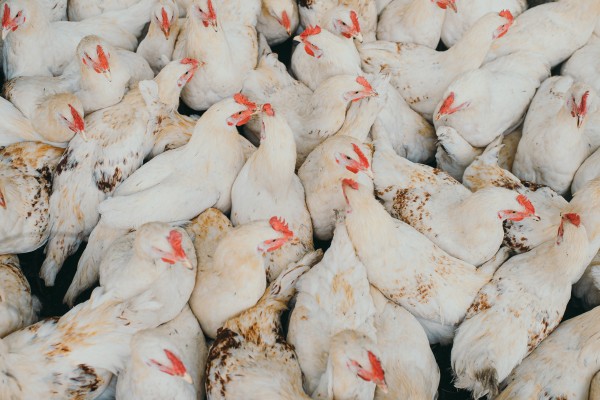The Competition Commission told Parliament's Portfolio Committee on Trade and Industry that several critical sectors in the South African economy were still being dominated by large firms — and that the regulator would introduce measures to address the imbalance.
This emerged from the Competition Commission’s “Measuring Concentration and Participation in the South African Economy: Levels and Trends Report” recently tabled before the Portfolio Committee on Trade and Industry.
The findings are based on data from over 80 organizations, Competition Commission, StatsSA and South African Revenue Service (SARS) covering 178 sub-sectors over the past five to eight years including companies like Essential (Sasko), Premium Milling and Baking (Blue Ribbon), Tiger Food Group (Albany), Shoprite Checkers, Pick n Pay, Vodacom, MTN, WBHO and Raubex among others.
According to the Commission, persistent high levels of concentration was found in the agricultural inputs sectors such as seeds, seed treatment and fertiliser, as well as agro-processing, fisheries, healthcare and medical schemes, administration and communication, and the upstream steel value chain and chemicals.
The pan-baked bread industry was also identified as being highly concentrated.
“Although there were 802 producers of pan-baked bread in 2018/19, just five bakery groups produced 76% of all pan-baked bread in the country and six supermarket groups produced 12%.”
In farming, large farms, that make up just 6.5% of all farms, accounted for 67.0% of total income in 2017/18, while seven national supermarket chains tend to dominate the grocery retail sector in South Africa.
The Committee on Trade and Industry was concerned with concentration in these sectors, as it limits entry to small and medium enterprises (SMEs) that have employment-creation potential. Competition Commissioner Tembinkosi Bonakele said the report found a lack of competition in South African product markets is likely to constrain the economy in the medium to long term.
“In recent challenging times exit rates have climbed and even overtook entry rates in some years. (We) also see more industries with declining participation (38%) than increasing (24%),”
the Competition Commission said.
The stats did not sit well with MPs who described the report findings as echoing the remnants of apartheid.
“It is widely acknowledged that apartheid had left the country with an economy characterised by excessive levels of concentration of ownership and control, as well as a lack of participation by all South Africans,”
said Portfolio Committee chairperson, Judy Hermans.
Possible measures would include tackling dominant firms by breaking down oligopolies and imposing divestiture – where a dominant company with consolidated power could be compelled to sell off a subsidiary or investments, as outlined in the Competition Amendment Act of 2020.
The Competition Commission is of the view that there should be an immediate focus on agricultural value chains to support broader land reform initiatives. In addition, greater coordination is required between regulators and public entities responsible for issuing licences and concessions, including commission concurrency in ownership transfers. The Commission cautioned that competition law alone cannot achieve the transformation of the economic structure, however.
Ms Hermans said the Committee noted Competition Commission recommendation for more systematic funding and support to upscale SMEs and firms owned by historically disadvantaged individuals to be considered, through development finance institutions and regulated changes to private-sector funding patterns, among others.




